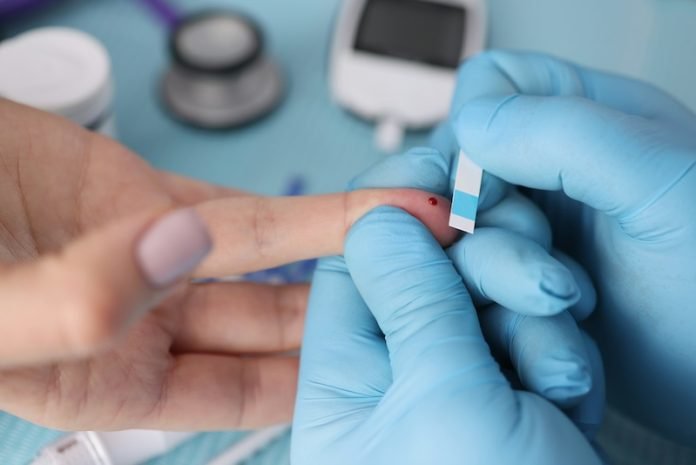
Type 2 diabetes, a prevalent chronic condition, poses a significant health challenge globally. It occurs when the body struggles to use insulin effectively or doesn’t produce enough insulin, leading to uncontrolled blood sugar levels.
Metformin has long been the cornerstone of treatment for those diagnosed with this condition, helping to stabilize blood glucose levels. However, for some individuals, metformin’s effectiveness wanes over time, necessitating additional interventions.
In a significant advancement, researchers at Thomas Jefferson University have uncovered a powerful drug combination that offers sustained benefits for Type 2 diabetes patients not fully helped by metformin alone.
Their study involved 695 adults with Type 2 diabetes and revealed that a duo of diabetes medications—dapagliflozin and exenatide—maintains its efficacy without diminishing over a continuous two-year period.
The study’s participants were categorized into three groups: one receiving weekly injections of exenatide alongside metformin, another taking daily dapagliflozin pills with metformin, and the third group receiving both dapagliflozin and exenatide with their metformin regimen.
The findings were clear: those who took both dapagliflozin and exenatide experienced superior glycemic control compared to those on a single medication, with this effect remaining consistent over the two-year study.
Understanding the Mechanisms
Dapagliflozin works by blocking the sodium-glucose cotransporter-2 (SGLT2), leading to the excretion of excess glucose through urine.
Exenatide, on the other hand, acts as a glucagon-like peptide-1 receptor agonist (GLP-1RA), boosting glucose-dependent insulin release, reducing sugar production by the liver, slowing stomach emptying, and enhancing satiety.
When combined, these medications offer a comprehensive approach to managing blood sugar levels, contributing to additional benefits such as weight loss and improved blood pressure—two crucial factors in the management of Type 2 diabetes and overall health.
The study not only confirmed the long-term effectiveness of this drug combination in controlling blood glucose levels but also reported weight reduction and blood pressure improvements in patients.
Moreover, there were no unexpected safety issues associated with the use of both medications together, underscoring the combination’s potential as a safe and effective treatment strategy for individuals with Type 2 diabetes.
Implications for Diabetes Management
This research, spearheaded by Serge Jabbour and published in Diabetes Care, marks a promising development in diabetes care.
For patients who find metformin insufficient for managing their condition, the dapagliflozin and exenatide combination offers a viable, long-term solution to keep blood sugar levels in check, combat weight gain, and control blood pressure—key aspects of managing Type 2 diabetes effectively.
The findings not only broaden the arsenal against diabetes but also highlight the importance of personalized treatment approaches.
As diabetes continues to affect millions worldwide, innovations like these are crucial in enhancing the quality of life for those living with the condition, providing hope for more effective management and ultimately, better health outcomes.
If you care about diabetes, please read studies about Vitamin D and type 2 diabetes, and to people with diabetes, some fruits are better than others.
For more information about diabetes, please see recent studies that low calorie diets may help reverse diabetes, and 5 vitamins that may prevent complication in diabetes.
Copyright © 2024 Knowridge Science Report. All rights reserved.



